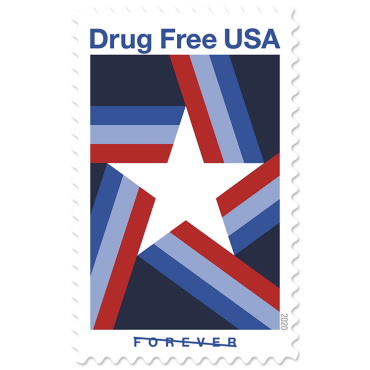Lawfare turns laws into weapons. No better example of lawfare exists than the never-ending saga of the South American Drug War. Drug lawfare is waged by the DEA and the U.S. Congress to protect oil, gas, mineral, and timber extraction industries from irate villagers. The villagers are upset because the foreign extraction corporations operating in Latin America tend to take a colonialist approach to business, pillaging, and stealing indigenous property to gain access to rich natural resources. The blowback consists of cheated inhabitants who revolt in clever ways and who tend to enlist the aid of anyone willing to back them.
Congress decided it’s the DEA’s job to help counter these revolts and any democratic, socialist or communist political economy that might arise. Legislators legitimatized their tactic by making drug enforcement part of the national security apparatus. Because huge amounts of money can easily be allocated for drug enforcement—no questions asked—the U.S. taxpayer is tricked into funding corporate welfare schemes tied to financing death squads in Honduras and elsewhere. T. J. Coles is director of the Plymouth Institute for Peace Research and he describes the history and ongoing situation in Honduras:
The cover for setting up a military police force is countering narco- and human-traffickers, but the record shows that left-wing civilians are targeted for death and intimidation. To crush the pro-Zelaya, pro-democracy movements Operation Morazán, [created] the Military Police of Public Order (PMOP)…the PMOP consisted of 4,500 personnel in 10 battalions across every region of Honduras, and … murdered at least 21 street protestors [in 2018]. […]
Between 2010 and 2016, as U.S. “aid†and training continued to flow, over 120 environmental activists were murdered by hitmen, gangs, police, and the military for opposing illegal logging and mining. Others have been intimidated. In 2014, for instance, a year after the murder of three Matute people by gangs linked to a mining operation, the children of the indigenous Tolupan leader, Santos Córdoba, were threatened at gunpoint by the U.S.-trained, ex-Army General, Filánder Uclés, and his bodyguards…crimes against the peoples of the region increased…Lawfare is also used, with over 160 small farmers in the area subject to frivolous legal proceedings. […]
…The names and command structures of U.S.-backed military units in Honduras have changed over the last four decades, but their goal remains the same. […]
Ending the U.S. funded drug lawfare racket in Latin America would compel extraction industries to deal with their own political problems in ways that don’t bleed taxpayers. No longer able to hide behind the plausible disguises of drug enforcement, the need for corporate business and political security would encourage commercial operations to spend their own money to make peace with the locals and to cease using lawfare to rob, attack, or murder citizens, journalists, and political or environmental activists. As a bonus for those opposing corporate welfare handouts of any type, the drug war perfectly showcases the evils of corporate welfare when it’s left unchecked.


